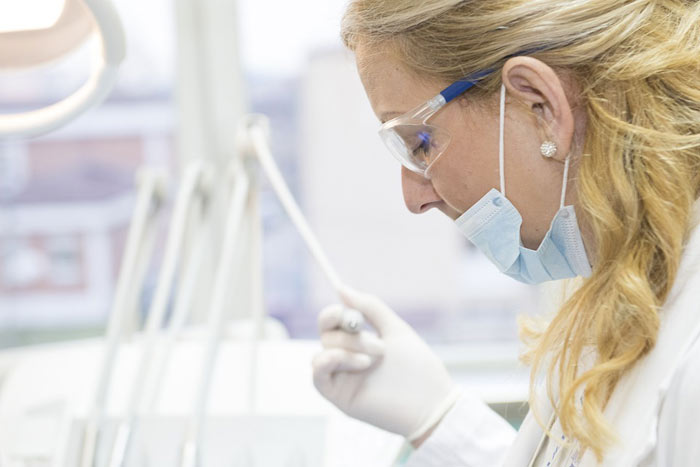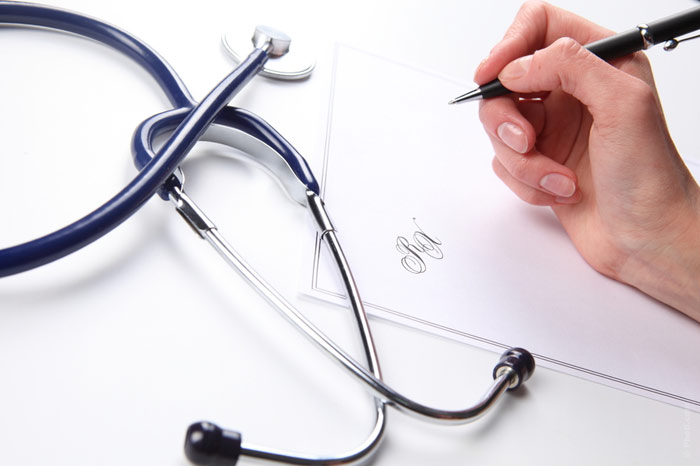Not sure what health screenings you need to get? You’re not alone. Read on to find out 5 must-have health screenings for women!

We can see you’re already grimacing at the thought of that mammogram you’ve been putting off for months. None of us like routine health screenings for women, it’s true.
But if you want to stay healthy, beautiful and vibrant well past menopause, you need to deal with these details starting from when you’re a young adult.
Think Wellness
Breast, and skin and cervical cancer, high blood pressure, heart disease, stroke, type 2 diabetes, high cholesterol, and osteoporosis. That’s just a handful of things you can avoid or minimize before reaching old age. Aside from diet and exercise, a healthy lifestyle for women means getting a few tests done.
Blood Pressure, Cholesterol, Diabetes

Make sure you have your blood pressure checked at least once every 2 years from the age of 18.
After a 2017 study, the Harvard Medical School has published new guidelines on blood pressure. It says that you would now receive a diagnosis of hypertension if your blood pressure is 130/80 millimeters of mercury (mm Hg) or higher.
Hypertension, or high blood pressure, raises your risk of heart attack and stroke. High blood pressure can also be a complicating factor in pregnancy.
Testing your blood pressure, together with the basic tests to discover your cholesterol and blood sugar levels, is simple. Check to see which pharmacies, health centers or clinics in your area offer this service either free of charge or for a small fee.
Cholesterol screening for women should start between the ages of 20 and 45. Getting tested once every five years is enough if you have normal cholesterol levels.
You should be screened for diabetes if your BMI (body mass index) is over 25, or if you have high blood pressure. Ask your health care provider about being monitored more closely if you already have a medical condition.
Gynecological Health Screenings For Women
When was the last time you visited the gynecologist?
Pelvic Exams and Pap Smears
Women over the age of 21 should have a pelvic exam and Pap smear every 3 years to check for cervical cancer. After the age of 30, you only need a pap smear every five years if your test results are normal. A heads-up to LGBTQ folk: regardless of your sexual orientation, you need to have that Pap test!
Ask your health provider about the human papillomavirus (HPV) vaccine if you are between 18 and 26 and you have not previously been vaccinated against HPV. Sexually active women up until the age of 25 should be screened for STIs (sexually transmitted infections), including chlamydia and gonorrhea, and thereafter if in the high-risk category. Oh, and be responsible, and have that HIV test.
If you have menstrual problems, telling your gynecologist about them when you have a pelvic exam is always a good idea.
Mammogram

We recommend women do a monthly breast self-exam or get their gynecologist to do a clinical breast exam during the pelvic exam consultation.
A screening mammogram is not recommended for most women under age 40.
If your mother or sister had breast cancer at a young age, however, you should consider annual mammograms and have your first mammogram before the age at which your family member was diagnosed.
Bone Density Test – DXA
DXA stands for dual-energy x-ray absorptiometry. All postmenopausal women should have this test. It is a non-invasive test to determine your bone density, whether you have osteoporosis or are likely to get it.
It makes sense if you want to reduce the risk of brittle bones and fractures after the age of 50.
Full Bill of Health?

Look after yourself, and be disciplined about scheduling all the necessary appointments.
Once you’re done with all the tests we’ve mentioned, take some time to organize your eye exam if you need one, and your six-monthly dental check-up. Think of them as favors you’re doing your future self, and these routine health screenings for women will be a breeze!










